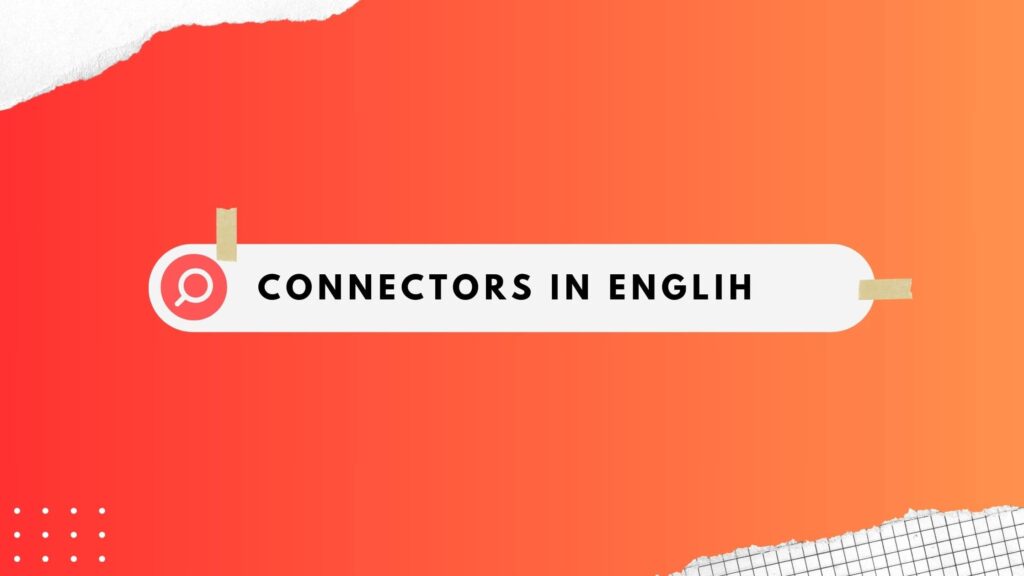Have you ever thought about Why on earth we need so many ways to express what is basically the same idea? Well, the short answer to that question is that we don’t, but they can be very useful!
You are going to learn about linkers of contrast or connectors of contrast or connectors in english.
Sentence variations with linking words:

Overserve below list of sentences. The core meaning is same but sentence is written with variations.
- it’s raining but the cat’s not getting wet
- even though it’s raining, the cat’s not getting wet
- although it’s raining, the cat’s not getting wet
- it’s raining, the cat’s not getting wet though
- it’s raining, however, the cat’s not getting wet
- it’s raining, nevertheless, the cat’s not getting wet
- in spite of the rain, the cat’s not getting wet
- despite the rain, the cat’s not getting wet.
this is the power of connectors or linking words in the english language.
Connectors in English
But:
The first one is very simple and extremely common, so very useful, and it’s “but.” I’m sure you all know how to use “but.” “But” is used to link contrasting ideas and it goes in the middle of the sentence.
‘Even though’ and ‘Although’:
Now, “even though” and “although” are basically synonyms. They have the same meaning and the same use, and they are used to introduce contrasting and surprising ideas.
Even though
We can use them at the beginning or in the middle of the sentence.
So, In the above list, I said, “Even though it’s raining, the cat’s not getting wet.” But you could say, “The cat’s not getting wet even though it’s raining,”
Although
Although it’s raining, the cat’s not getting wet.
The meaning is exact the same. Perhaps the only difference between “even though” and “although” is that “even though” is slightly more emphatic, slightly stronger than “although,” but really they are basically synonyms. [Usage of Connectors in English]
Though:
The third connector is “though.” Now “though” is more informal than “even though” and “although.”
It’s very similar but more informal and much more common. ‘Tough’ connector can be used in the end of the sentence.
For example: “It’s raining, the cat’s not getting wet, though.”
But “though” is very versatile. It can go at the beginning of the sentence, so it could be, “Though it’s raining, the cat’s not getting wet.” That’s a little bit more formal.
Also Read: 38 C1 Adjectives with Meaning and Examples
‘However’ and ‘Nevertheless’:
The next two linkers, which are also synonyms, were “however” and “nevertheless.” So, we usually use “however” and “nevertheless” at the beginning of a sentence when you’re introducing a contrasting idea to the idea expressed in the previous sentence.
And remember always to follow “however” or “nevertheless” with a comma. It’s a big mistake I see in many of my students’ writing compositions. It should always be followed with a comma. [Usage of Connectors in English]
And again, the only real difference between “however” and “nevertheless” is that “nevertheless” is slightly more formal, and it’s very useful to have an alternative to “however” in your writings so you’re just not always repeating the same words, the same linkers or cohesive devices.
‘In spite of’ and ‘Despite’:
Now you have to be a bit careful with ‘in spite of’ and ‘despite’ because there are different ways of constructing a sentence. So my example, “In spite of the rain,” that’s the noun, the rain. So “in spite of” or “despite” plus the noun. But it’s also very common to use “the fact that.”
So you could say, “Despite the fact that it’s raining, the cat’s not getting wet.” As you can see, a lot of different ways of basically expressing the same idea, which, to be honest, in normal conversational English, we don’t use that much.
Most of those words, most of those linkers, we don’t use on a day-to-day basis. But for your writing, it’s very useful. And again, if you’re giving a formal presentation or a speech of some kind for your studies at university, college, or in your work, it’s good to have a range of options so you’re not always repeating the same words or, in this case, linkers and connectors. [Usage of Connectors in English]
Okay, thank you for reading this post. I hope you found this it very useful. Please give stars to the article for my efforts.
Students Also Read: 5 Ways to Learn English Easily